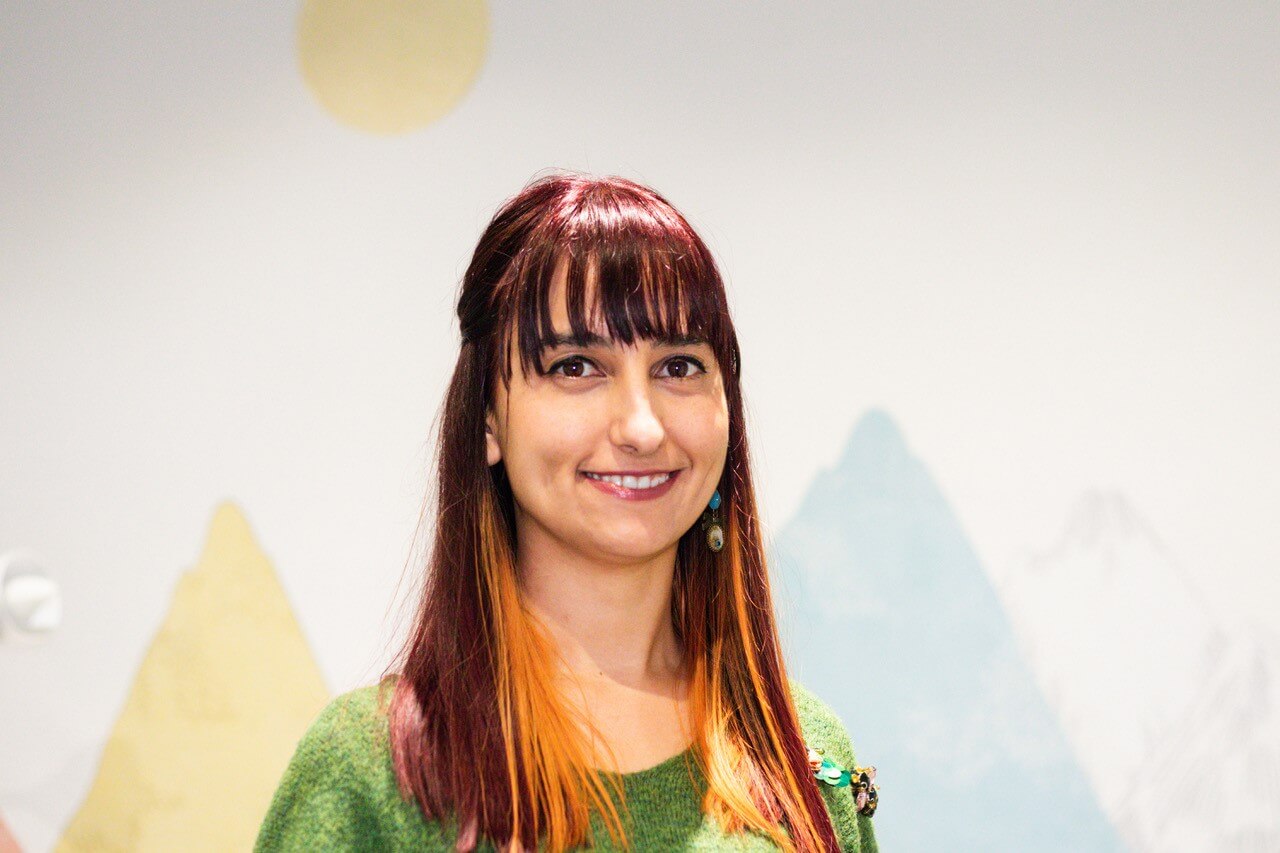PCOS: journey to a diagnosis
In this blog, Andreia, a fertility patient and member of the HFEA’s Patient Engagement Forum, opens up about her experience of infertility and her eventual diagnosis of polycystic ovary syndrome (PCOS).
I started menstruating at twelve. Periods were extremely irregular, long, high flow and very painful. I would often get my period overnight and faint as soon as I would try getting up from bed. I kept being reassured by doctors and every woman I knew that this was all normal and I shouldn’t be such a wimp. “It can’t possibly hurt that much”, my mom would tell me. I tried many types of pain relief and sometimes it didn’t help. Premenstrual Syndrome (PMS) wasn’t easy and I would burst into tears for no apparent reason. Periods were so irregular that I would often not menstruate for two months. Doctors kept reassuring me, well into my 20s, that it was all normal, I was too young, and if I would start birth control “it would all sort itself out”.
Indeed, taking the birth control pill sorted things out for me. Until I stopped it because we wanted to start a family. A few months later, I went to my GP, concerned that my menstrual cycles were too long (between 45-50 days). Again, I was reassured that there was no cause for concern and was told “as long as you have a period, it’s all good. You might just have fewer chances of getting pregnant in any given month”.
The presence of ovarian cysts indicates either polycystic ovaries (PCO) or polycystic ovarian syndrome (PCOS). PCO affects 20-25% of all women and is characterised by the presence of multiple follicles in one ovary, leading to enlarged ovaries. On the other hand, PCOS affects approx. 10% of women (prevalence can vary with ethnicity), is a metabolic disease and one of the most common causes for infertility.
Imagine my surprise when a couple of blood tests and an ultrasound scan led to me being diagnosed with PCOS at the age of 32. Turns out that the premises of “as long as you have a period it’s ok” or “you are still young and this is all normal”, were wrong. They were, in fact, signs of PCOS that were missed. They may have been missed for a variety of reasons. One of them was that I did not present with one of the common PCOS symptoms: weight gain . In fact, I was underweight until my mid-twenties and have never been overweight.
While it is possible for women with PCOS to get pregnant, PCOS is one of the main causes of infertility. However, it is treatable, and it is possible for women to receive treatment that helps induce ovulation or regulate the hormonal imbalances, and conceive naturally.
It turns out that PCOS wasn’t our only cause for infertility. However, being diagnosed so late and two years after we started trying to conceive, does leave a bittersweet taste and a lot of questions:
- What if I had been diagnosed earlier?
- Could I have been treated before?
- Had I known I had PCOS in my teens, could I have had treatment then and not have to suffer as much?
- Did I waste time trying to get pregnant when I couldn’t?
All these questions have a great impact on women’s mental health, as we often blame ourselves for our inability to have children.
Having PCOS and fertility issues is not easy, physically, I’m ok. Emotionally, I think I’ve hardened myself throughout the years. Both my husband and I are very positive people and this has helped massively. Another thing that has helped is having great supportive colleagues that make navigating infertility at work less daunting. But a lot of it can be attributed to my hobbies. Having hobbies that keep the mind busy is great. My main hobbies are dancing (salsa) and dressmaking, which are great physical and mindfulness activities.
I think my biggest piece of advice would be to inform yourself. I know this can be a little controversial, especially within the medical profession (believe me, I teach at a medical school), but a patient empowered by information is very important. I wish I had known to understand more about my menstrual cycle, so I could push for at least a scan early on. I also remember we waited more than a year to go to the GP a second time, because we simply didn’t expect to have actual issues conceiving. So, I now definitely advise people not to wait.
For more information about polycystic ovarian syndrome and support visit: PCOS UK.
You can read more about Andreia’s experience on her blog at: craftyscientist.co.uk.

Andreia is a Portuguese scientist living in Wales. She was a cancer researcher and now teaches in the medical undergraduate degree at Cardiff University. She and her partner have suffered with infertility and loss since 2016 and she has advocated for better infertility support at work in recent years.
Review date: 15 April 2027

